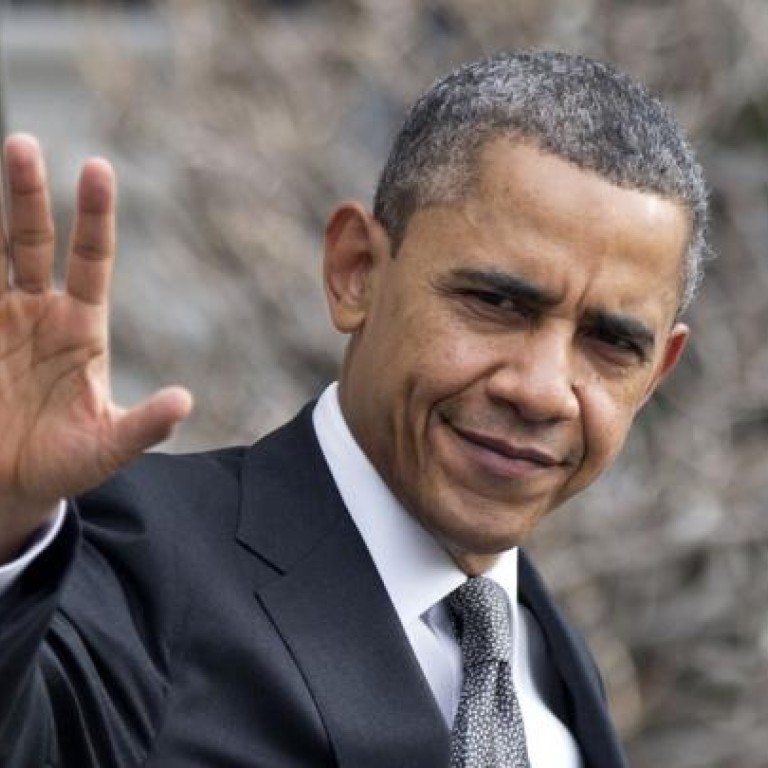
Obama needs to find consensus in second term
A second-term US president's first state-of-the-union address after re-election is traditionally a rallying cry to unite the country behind a common goal and build a legacy on the foundations of the first term. President Barack Obama cited the clearing of the "rubble" of [financial] crisis as the foundation for a wider agenda that fleshed out the populist themes of his inauguration address. The item that people everywhere will empathise with, after the horror of a massacre of small schoolchildren, is the reform of gun controls. The one that matters to the world economy, however, is how to deal with a budget deficit and national debt without threatening growth and recovery.
A second-term US president's first state-of-the-union address after re-election is traditionally a rallying cry to unite the country behind a common goal and build a legacy on the foundations of the first term. President Barack Obama cited the clearing of the "rubble" of [financial] crisis as the foundation for a wider agenda that fleshed out the populist themes of his inauguration address. The item that people everywhere will empathise with, after the horror of a massacre of small schoolchildren, is the reform of gun controls. The one that matters to the world economy, however, is how to deal with a budget deficit and national debt without threatening growth and recovery.
Obama appealed again to the Republican majority in the House of Representatives to pull back from US$1.2 trillion in spending cuts due to kick in from March 1, saying they would cost hundreds of thousands of jobs, jeopardise defence, and set back priorities like education and energy and medical research. He is demanding that deficit reduction should include more revenues, largely from closing tax loopholes for the wealthy.
The call for a bipartisan approach to fiscal stability was part of a broader argument for less focus on shrinking the role of government and a more activist approach to ending inequality and growing a thriving middle class - "the true engine of economic growth". He proposed lifting the minimum wage from US$7.25 to US$9 an hour, tied to inflation.
However, Republican senator Mario Rubio, who delivered his party's official rebuttal of the address, said bigger government and higher taxes on the wealthy could not replace free enterprise as a driver of a strong middle class.
None of this augurs well for bipartisan problem-solving. This is necessary if Obama is to make real progress in balancing the books. That would seal his legacy of having guided the country through the financial crisis. If he is to make America's middle class feel secure again, he has to strive as best he can for a consensus that puts his country's fiscal house in order.

